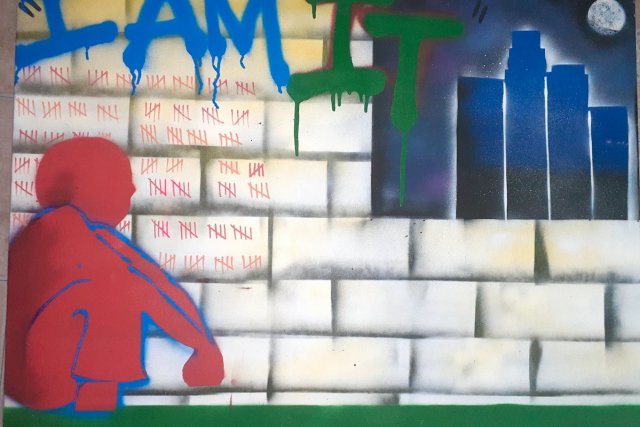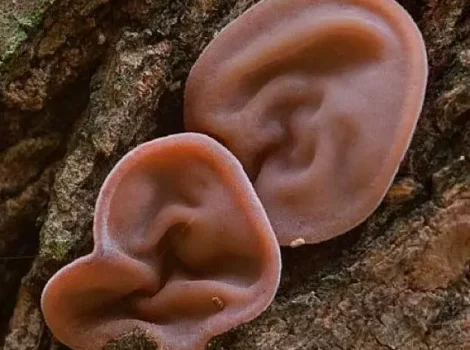
You know why I’m here
In the past, I worked as an advisor for the board of directors of a youth care facility, which included a juvenile facility. In my first month, I was bombarded with statistics about juvenile delinquency such as recidivism, ethnicity, and education level. There were statistics everywhere, but as I sat at my computer, I couldn’t help but wonder: who are these young people in custody? What’s their story? How did they end up here?
I visited a juvenile detention center. Like all visitors, I passed through security gates and surrendered my personal items. A colleague met me and escorted me into a vast hall lined with cell doors. Numerous boys and girls roamed around, many having been there for quite some time. My colleague had set up several interviews for me to better understand the organization of the work visit.
During these interviews, I met young individuals with backgrounds marked by trauma, pain, addiction, peer pressure, anxiety, and psychiatric issues. At times, I sat in their cells feeling uneasy as some shared openly, while others put on a tough facade. Occasionally, they spoke about themselves in the third person, sometimes in the first. My role was mostly to listen, prompting them with “Please, tell me more.” There were moments when I was left speechless, overwhelmed by surprise, wonder, or outrage. And yes, there was even a moment when I found myself moved to tears.
She was almost 18. She had bright brown eyes and long hair. She has dressed athletically. She didn’t feel much like talking because “surely you know why I’m here. I explained that I was here to see her not as a number but as a person with a story. “You don’t have to tell me anything about the act you committed. I want to try to understand how it got this far.” Then she shared her story of years of abuse, being locked under stairs, screaming, bullying, and a world that didn’t want to hear her. These were her last weeks in the juvenile facility. I listened in silence, swallowing, often looking down to control my emotions, my thoughts flying back and forth from her parents to her, to the victims. Ultimately, I asked her if she dreamed about her imminent release, and the freedom that awaited her. She looked at me, feeling closer than at the beginning of our conversation, “I dream about release, but not about freedom. Because I have no idea what that means and whether I can deal with it. I was locked under the stairs after school, here in the cell at home. Assume you can revisit me in the next prison in three months.” I then walked through the corridors of the building with tears in my eyes…. so young… so damaged…
Every young person I spoke to that day left a deep impression on me.
When you manage to listen, and the other person can only determine that, it can transform your understanding of people and the world around you, inevitably enriching your life.
Art: Mainor Xuncax




